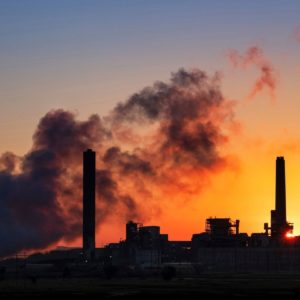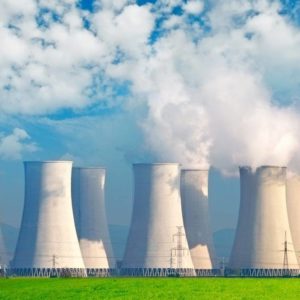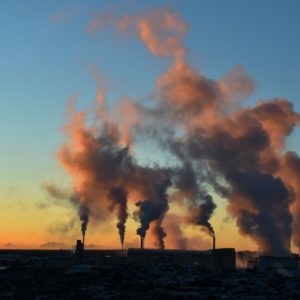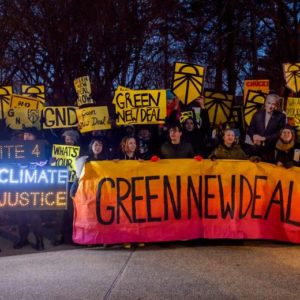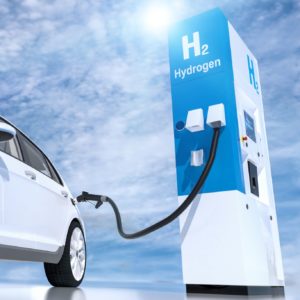"While commercial technology can trap CO2 at just over $58 per metric ton, Jiang said the new method can extract CO2 from power plant flue gas for roughly $47 per metric ton, according to the lab."
Articles from Around the Web
Nuclear Power Continues To Break Records In Safety And Generation
"It is always surprising to hear the public and anti-nuke activists repeating the willfully ignorant ideology that nuclear is unsafe. It turns out to be the safest of all energy sources by any measure and in any study."
Rep. Jodey Arrington’s Leadership Benefits Texas Energy Dominance
Rep. Dan Newhouse and Jason Modglin write about Rep. Jodey Arrington’s energy leadership on RealClearEnergy. buy nolvadex online buy nolvadex online no prescription online pharmacy buy norvasc no prescription pharmacy “Rep. Arrington shared, ‘The manifold disastrous ways these Biden unilateral actions – and probably the onslaught of regulations and more mandates and interventions by this...
Don’t Ban Fossil Fuels: Absolutism In Climate Change Policy Is A Vice
"The role of climate change policy should be to reduce greenhouse gas emissions in the most cost-effective manner (economic efficiency is just as important as energy efficiency), not to pretend that the elimination of one source will somehow be a solution."
Jeep unveils a prototype electric Wrangler concept
"'Jeep executives have said every Jeep will offer some form of electrification going forward, but it has not confirmed an all-electric version of the Wrangler.'"
U.S. energy policy must be all-of-the-above
"Alaska has and continues to be a shining example of responsible resource and energy development – where conservation and development have been proven to live in harmony; where stewardship of our lands, resources and environment is not falsely defined as mutually exclusive. But now, as a cornerstone of our vulnerable economy comes under attack, we must prepare for a tough road ahead."
Fracking Ban Threatens American Jobs and Derails Our Environmental Progress
Stephanie Catarino Wissman, on RealClearEnergy, writes about the detrimental effects that a fracking ban would have on the United States. “Banning fracking ignores sound science in favor of a false choice between renewable energy and natural gas. Today, more than 95 percent of U.S. natural gas and oil wells are developed using fracking. With the...
Schumer Insists on Keeping Beachfront Bailouts for Wealthy Americans’ Vacation Homes
FreedomBunker‘s Ed Krayewski reports that Senate Majority Leader Chuck Schumer is opposing FEMA’s plans to have insurance rates accurately reflect flood risk under the National Flood Insurance Program (NFIP). “The National Flood Insurance Program (NFIP) run by the Federal Emergency Management Agency (FEMA) is $20.5 billion in the hole, even after Congress canceled $16 billion in...
Urban environmentalism has failed — it’s time for new perspective
"For decades, the term 'environmentalist' has been associated with urban activists marching in city streets, holding signs that demand the abolition of fossil fuels. The fact is urban environmentalism has failed us. Urbanites prescribe climate solutions from ivory towers while rural Americans have the most to lose."
Gates Fund Backs HyPro For $1/kg Green Hydrogen
"Breakthrough Energy Ventures has backed HyPro in a $22 million round to take the company’s product from lab prototype to the factory floor. HyPro says its revolutionary method for producing green hydrogen is over 95% efficient, safe and cost-competitive with fossil fuel derived hydrogen."
